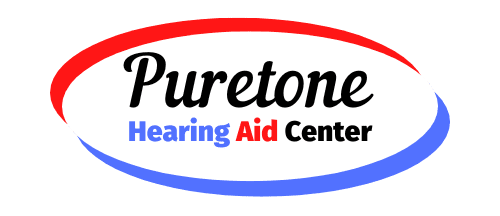When you invest in hearing aids, you are not only investing in a device to help you hear better but also in your overall quality of life. Hearing aids can greatly improve communication, social interactions, and even cognitive function. However, to get the most out of your hearing aids, it is crucial to attend follow-up appointments with your hearing aid specialist or hearing healthcare professional. In this blog post, we will discuss the importance of these appointments and how they can help you achieve optimal results from your hearing aids.
Initial Adjustments and Fine-Tuning
After purchasing hearing aids, it’s common to need some adjustments as you get used to wearing them and experiencing improved hearing. During the initial fitting, your hearing aid specialist will program your hearing aids based on your hearing test results and personal preferences. However, it may take time to fully adapt to the new sounds and sensations.
Follow-up appointments allow your hearing aid specialist to fine-tune your hearing aids based on your experiences and feedback. This may include adjusting the volume, frequency response, or noise reduction settings. By making these adjustments, you can ensure that your hearing aids are working effectively and providing the best possible listening experience.
Addressing Any Issues
As you begin using your hearing aids, you may encounter issues or have questions about their functionality. Follow-up appointments provide an opportunity for you to discuss any concerns with your hearing aid specialist. They can then troubleshoot any problems and make necessary adjustments or recommendations.
Common issues that may arise include feedback, discomfort, or difficulty hearing in certain situations. Your hearing aid specialist can offer solutions and tips to help you overcome these challenges, ensuring that your hearing aids are working optimally for your needs.
Monitoring Your Hearing Health
Hearing loss is often a progressive condition, meaning it can worsen over time. Regular follow-up appointments allow your hearing aid specialist to track your hearing health and identify any changes that may require adjustments to your hearing aids. Early detection of changes in your hearing can help prevent further hearing loss and ensure that your hearing aids continue to provide the appropriate amplification.
In addition to monitoring your hearing, follow-up appointments also serve as an opportunity for your hearing aid specialist to assess the overall health of your ears. They can check for earwax buildup or other issues that may impact the performance of your hearing aids or your overall hearing health.
Providing Ongoing Support and Education
Adapting to hearing aids can be a process that requires ongoing support and education. At follow-up appointments, your hearing aid specialist can provide tips on getting the most out of your hearing aids, such as how to properly clean and maintain them, strategies for better communication, and information on assistive listening devices or accessories that may enhance your hearing experience.
Furthermore, your hearing aid specialist can discuss the latest advancements in hearing aid technology, keeping you informed about potential upgrades or improvements that could benefit your hearing needs.
Building a Strong Relationship with Your Hearing Aid Specialist
Lastly, attending regular follow-up appointments helps you establish a strong relationship with your hearing aid specialist. They become familiar with your unique hearing needs and preferences, allowing them to provide personalized care and recommendations. This relationship is invaluable in ensuring that you receive the best possible care for your hearing health.
In conclusion, follow-up appointments after purchasing hearing aids are essential for achieving optimal hearing results and maintaining your overall hearing health. These appointments allow for fine-tuning of your hearing aids, addressing any issues, monitoring your hearing health, providing ongoing support and education, and building a strong relationship with your hearing aid specialist. By prioritizing these appointments, you can ensure that you are getting the most out of your investment in hearing aids and enjoying an improved quality of life.



